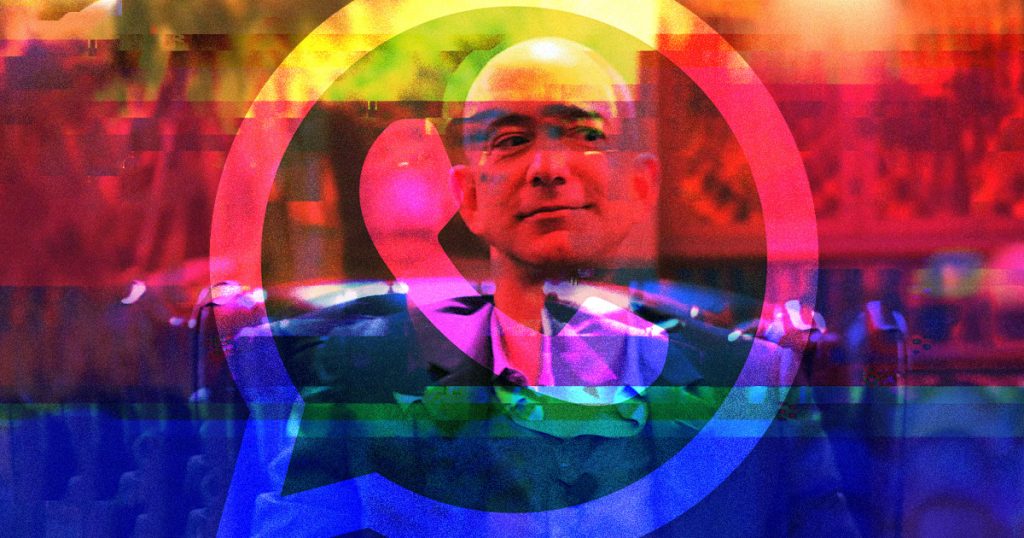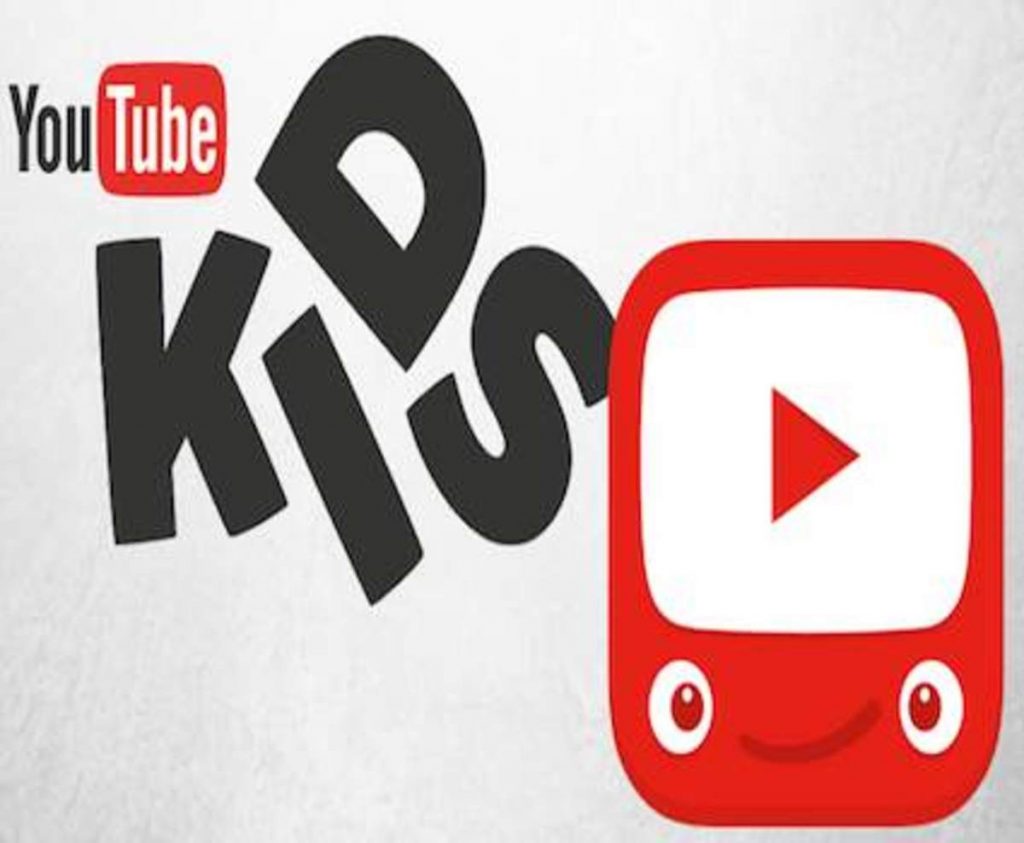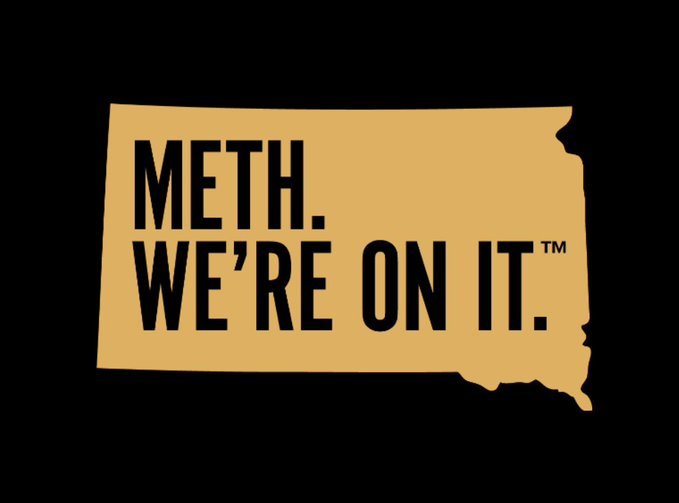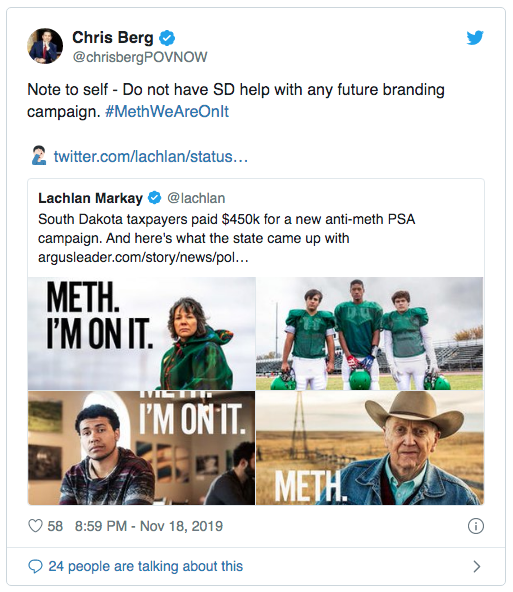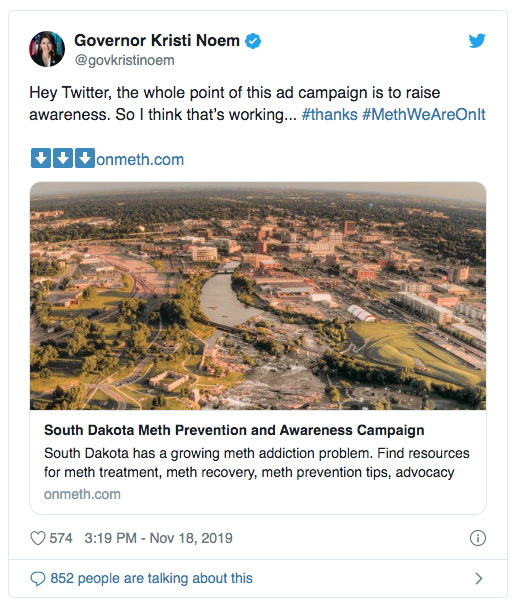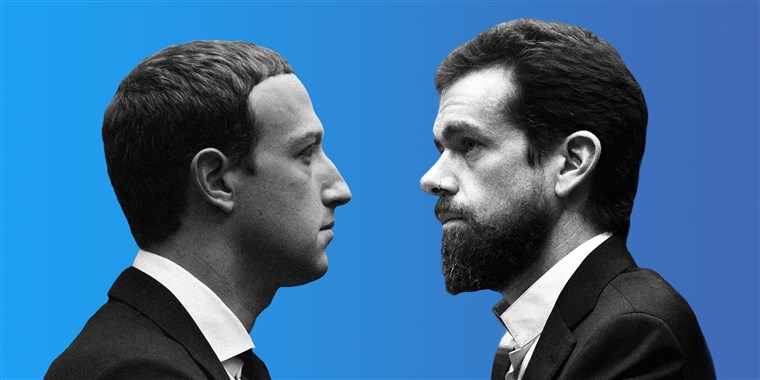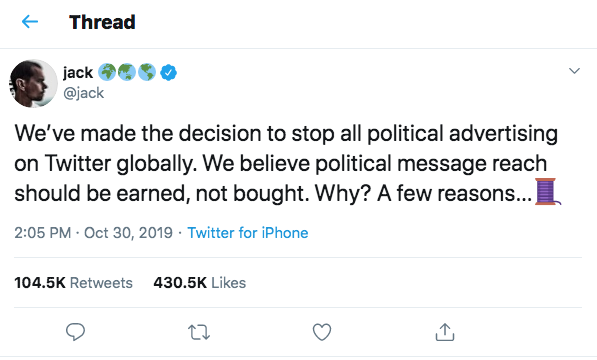If you watched the Academy Awards, aka Oscars, last evening you know that the Korean film Parasite was the big winner. With four Oscars, including Best Picture, the social comedy thriller will be sure to attract movie-goers who may have missed it when first released. And because it is the first foreign-language film to win Best Picture, Parasite is attracting a lot of attention from the global filmmaking community. Also, it is important to note that the Best Foreign-Language Film label was changed this year and from now on it will be known as the Best International Feature Film.
In other Oscar news, Steve Martin and Chris Rock were pretty funny in their roles as “non-hosts” as they poked fun at Bezos and pointed out the lack of female nominees. The very touching Hair Love won Best Animated Short and Toy Story 4 won Best Animated Feature. Musical performances included: Janelle Monae, Eminem, Billie Eilish, and Elton John, and Elton got an Oscar. And in what some will consider a major upset, The Irishmen went 0 for 10 (although director Scorsese received quite a few shoutouts from winners). One of my personal favorites, Ford v Ferrari, picked up a couple of technical awards early on. The best actor winners were fairly predictable: Renée Zellweger, Joaquin Phoenix, Brad Pitt and Laura Dern. And as expected, 1917 and Once Upon a Time in Hollywood did pretty well despite not winning the big awards.

The Academy Awards are both a celebration of what Hollywood does best (storytelling and the manufacturing of culture) and a cringe-worthy spectacle of decadence, hubris and self-importance. It’s hard to imagine it being anything else.

